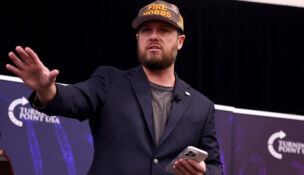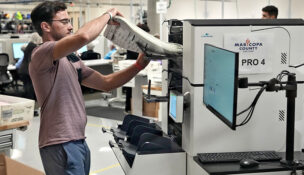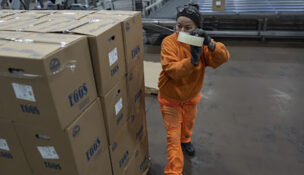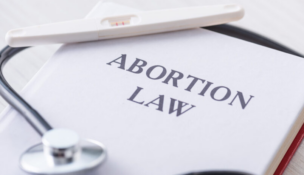A family treasure
Arizona Capitol Reports Staff//November 2, 2007//[read_meter]
Ken Jacuzzi, executive director of the Arizona Office for Americans with Disabilities, promotes independent living for people with disabilities. If the name sounds familiar, his father invented the namesake spa....
No tags for this post.

















